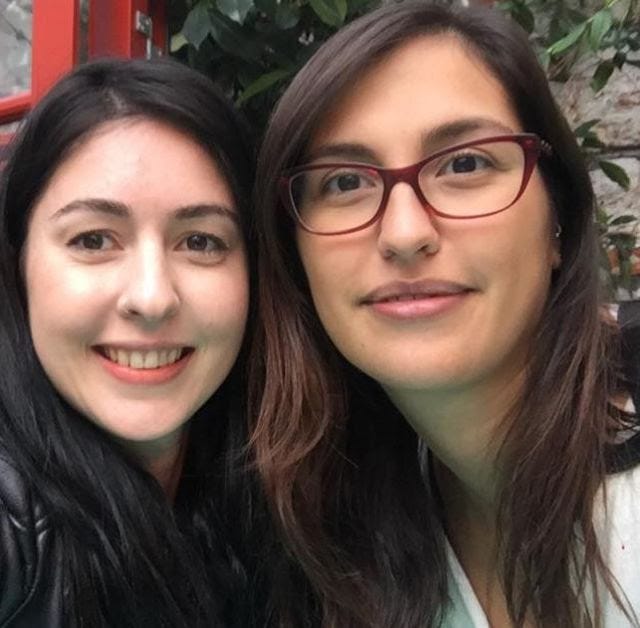Where can I open a bank account for my children?
The odds are stacked against women when it comes to economic equality and financial empowerment. And it doesn't help that financial institutions largely exclude women. The whole system needs an overhaul, but in the meantime we want to answer your money, finance and economics questions. Every week we'll answer one of your questions in a useful and straightforward way. Today's question is...
Where can I open a bank account for my children?
Setting a child up with a bank account can be really useful to promote financial education and teach them about the value of money early on in their lives.
There are two things you can do nowadays. You can open a savings account for your child, to save up for some future expenses, or you can set up a normal checking account for day-to-day spending, or you can do both.
If you want to have a long-term savings account for your child, the earlier you can start, the better.
You can open a savings account for your baby at most traditional banks. Many of these will require you to be already banking with them, like Lloyds Bank, but you can open it from as little as £1. They will also pay interest on the savings. You can assess the diversity and inclusivity of your bank here.
The interest rate can be higher for children’s savings accounts than adult ones, but this is usually on a smaller amount of money. When it crosses a certain threshold, it does usually go down.
For example, Santander’s 123 Mini offers a 2.96% gross interest but only on a balance of between £1,500 to £2,000. It goes down to 0% after that. Interest rates can vary.
Here are some of the top savings accounts for children in the UK:
Triodos Right Start Saver: for children up to 18. Interest of 0.55% from £1, with no upper limit.
HSBC MySavings: for children between 7-17. Interest of 3% up to £3,000 and 0.75% above that.
Virgin Money Headstart: for children between 0-16. Interest of 2.02% from £1, with no upper limit.
Barclays Children’s Savings: for children between 0-17. Interest of 1.51% up to £10,000 and 0.01% after that. Halifax Kid’s Saver: for children between 0-15. Interest of 1% up to £5,000 and 0.15% above that.
If you want to know about savings accounts for children in other countries, let us know.
Neobanks for kids
If you’re looking to move away from traditional banking a little bit and have some digital perks, you may want to look at neobanks.
For example Monzo and Starling have set up services for kids. There are even some dedicated groups, such as GoHenry in the UK and the US.
These often include ways to make saving interesting for kids and teenagers. GoHenry, for example, offers in-app learning, for children to gain skills around investing, credit and saving. You can have one application for the whole family, send money to your children when they’ve completed certain tasks and get real-time updates. You can also set spending controls.
But here’s the catch – most of these only provide payment cards and don’t offer savings accounts that will earn your child’s money interest.
Here are some of the neobanks available across Europe:
GoHenry, UK: for children and teens between 6 and 18
Kard, France: for children over 10 years old
Nimbl, UK: for children and teens between 6 and 18
Osper, UK: for children and teens between 8 and 18
Yapini by Yapeal, Switzerland, Netherlands & Germany: For children over 7 years old
Getting your children, and especially your daughters, early into saving and understanding how to use a bank account, creates an opportunity to equip them with important skills. It can also help bridge the gender gap in financial education and access.
Action of the week: Think about whether it’s time to switch bank account. The hassle of it often stops us but it can sometimes be beneficial to move around relatively frequently.
About us
Selin and Nat are financial journalists who met working together at a publication in London. If you are ever worried a question you have might sound stupid, we ask each other such questions all the time.

Got a question to ask? Send it to selinandnat@gmail.com and we'll try to answer it in an upcoming newsletter. All questions are anonymous. Follow us on Instagram @rebalancing_act.
Like the newsletter? Support us with a virtual coffee.



